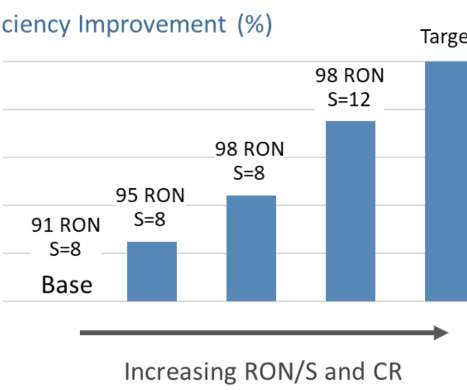Co-Optima releases capstone report on first 4 years of work
Green Car Congress
MARCH 27, 2020
compression ratio, extent of downsizing, etc.). This information provides the biofuel community a comprehensive and consistent comparison of the feasibility and technical research and development barriers to commercializing promising boosted SI blendstocks. What Fuels Should We Make?
















Let's personalize your content